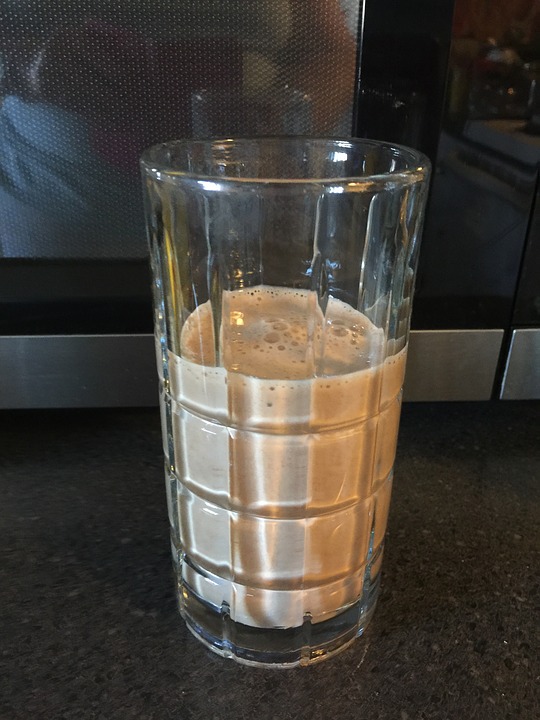Pea protein powder, also called pea protein isolate, is protein extracted from yellow peas. It helps augment the protein quota of shakes and smoothies and shall fit into any diet as it’s naturally hypoallergenic and vegan. Pea protein is also a rich iron source. It helps with weight loss, muscle growth, and heart health.
Nutritional Benefits
Pea protein powder is created by extracting protein from yellow peas – the isolated protein takes shape of a beige powder. Two scoops or 20 grams of this powder comprise 80 calories, protein (15 grams), fiber (1 gram), carbs (1 gram), sodium (230 mg), total fat (1.5 grams), and iron (5 mg).
The powder offers a range of nutritional benefits:
• High-Quality Source of Protein
Pea protein comprises nine important amino acids that cannot be naturally made in your body and should be sourced from food. However, it is low in methionine. You may make up for this by adding methionine-rich foods, such as fish, egg, beef, poultry, brown rice or pork in your diet.
Also, it offers branched-chain amino acids, particularly arginine – which promotes heart health and healthy blood flow – and leucine, valine and isoleucine – which facilitate muscle growth. Generally, animal proteins are much easier to digest and absorb compared to plant-based proteins. However, research states pea protein is among the more easily digestible plant-based protein – only behind chickpeas and soy protein.
• Rich in Iron
As mentioned above, pea protein is rich in iron too. The powder generally contains 5 to 7.5 mg of iron in each serving – which is roughly 28 to 42 percent of the RDI (reference daily intake) for premenopausal ladies and 62 to 94 percent of postmenopausal women and men’s RDI. However, plant foods-based iron is less absorbable compared to the iron animal products comprise.
This situation could be improved upon by taking pea protein in combination with vitamin C-rich foods, such as citrusy fruits that boost iron absorption in the body by up to 68 percent. Since a section of women across the globe are always iron-deficient, consuming pea protein in powder form could help them boost their iron intake.
• Works with Several Special Diets
Pea protein, as stated earlier, is naturally vegan, dairy-free, gluten-free and doesn’t comprise some of the top food allergens. It therefore works with or complements almost any diet. Also, pea protein blends nicely with water and has a texture that is less chalky or gritty compared to hemp or other plant-sourced protein powders.
Most people should not have any issues ingesting pea protein. However, people with sensitivity, intolerance, or allergy to peas must avoid it.





